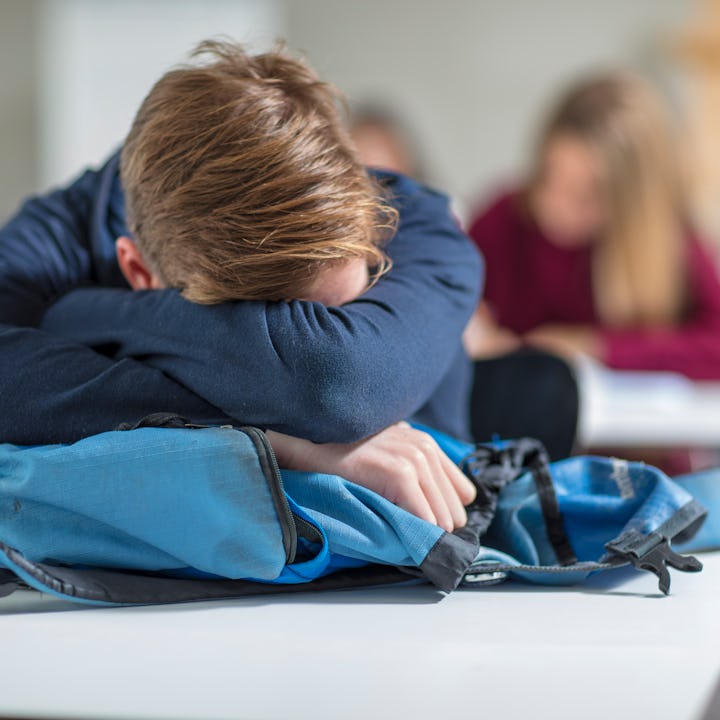California Becomes First State To Push Back School Start Times
As of July 1, California law mandates that the school day start no earlier than 8 a.m. for middle schoolers and 8:30 a.m. for high schoolers.

In an effort to help kids and teens get their much-needed rest, California has become the first state to mandate a later start to the school day for public middle-schoolers and high-schoolers. The law, SB 328, requires that the school day start no earlier than 8:30 a.m. for high school and 8:00 a.m. for middle school. California legislators first passed the law in 2019, and it has officially gone into effect as of July 1, 2022.
Countless studies have proven the academic and overall mental health benefits of a later start time for school. This is especially true for teenagers. The American Academy of Pediatrics, the American Medical Association, and the CDC all recommend that adolescents get 8.5-10 hours of sleep each night. This is because teens experience a different circadian rhythm, or “sleep phase shift” that generally keeps them up until 11 p.m. and doesn’t even start to kick their brains into gear until about 8 a.m.
On top of a shifting sleep schedule, now more than ever, teens are living with mild to severe sleep deprivation. In 2007, the CDC reported that only 31% of teens were getting eight hours of sleep or more on a nightly basis. By 2019, that number dropped to 22%. While there aren’t numbers after the start of the pandemic, separate studies suggest that pandemic stressors only compounded the sleep deprivation trend in teens.
“This is a public health issue,” Lisa S. Lewis, author of the book The Sleep Deprived Teen: Why Our Teenagers Are So Tired, and How Parents and Schools Can Help Them, told the Times. “As of now, California is the only one, but we are often a bellwether for other states.” Currently, New York and New Jersey are considering similar legislation, which has also shown positive results in smaller pilot programs around the country.
The extra time to catch some z’s is something that will also help teens in the long-run, experts say. “The effects of that one hour is something they will be feeling as 40-year-old adults,” Dr. Sumit Bhargava, a clinical associate professor of pediatrics at Stanford University, told The New York Times. “When you give them the gift of increased sleep time, it is the biggest bang for the buck that you can think about.”
This is why California’s codification of a later start time in public schools is a promising one. And hopefully one that more states will follow, given the mountains of evidence that show that teens who get 8-10 hours of sleep on the regular perform better in sports and other extracurriculars, tend to be more emotionally resilient, and, in general, happier. And a happier, successful teen often leads to parents feeling the benefits in their own lives as well.